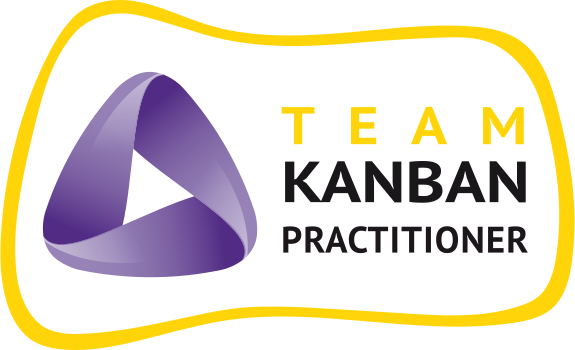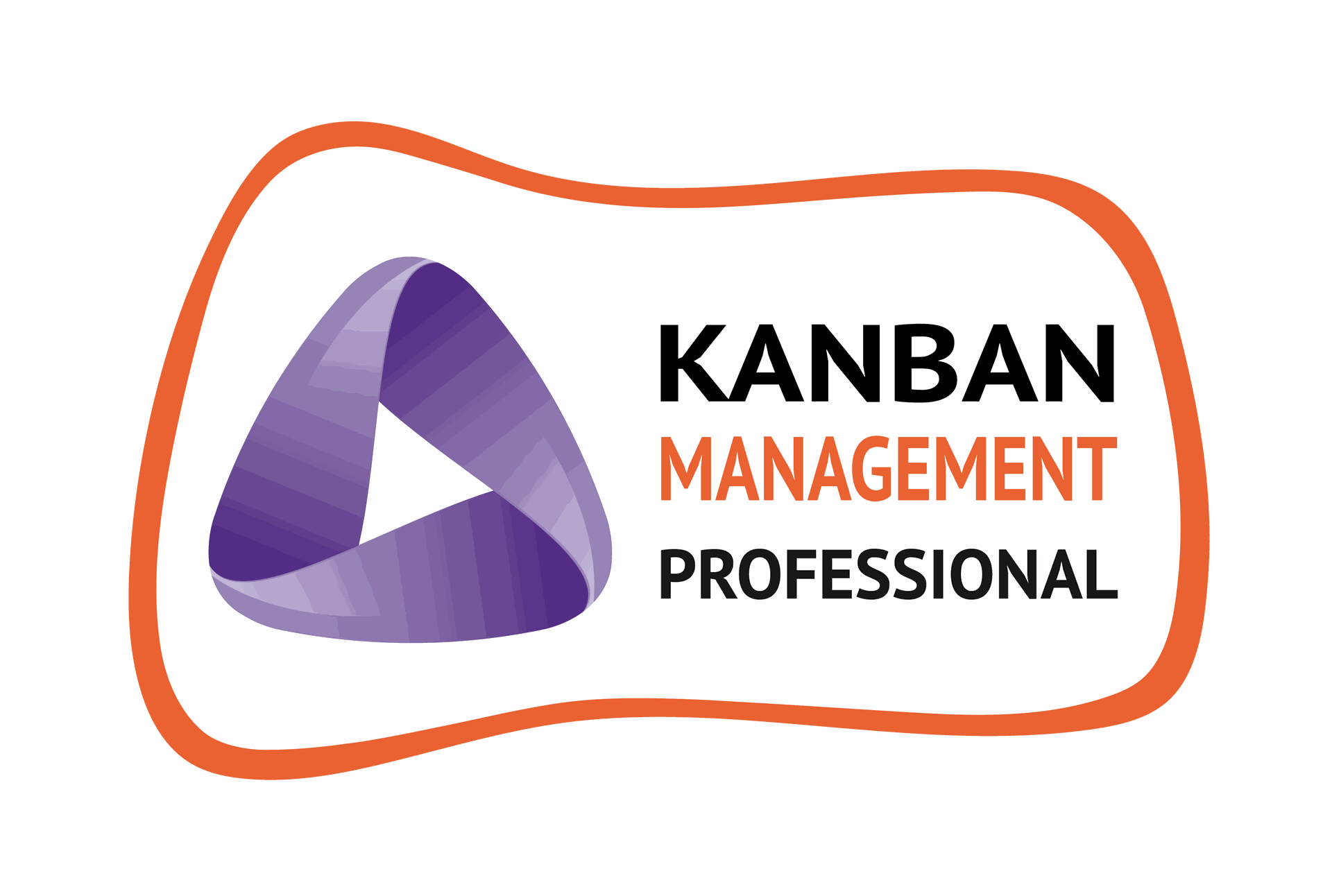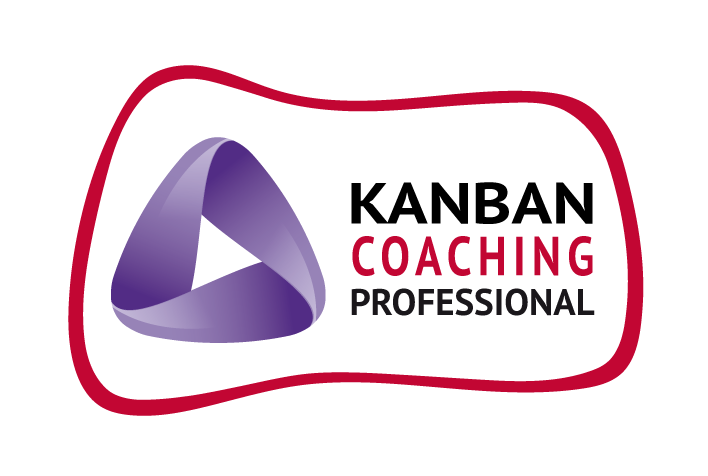Time to implement Kanban in your Team!
Kanban Academy
Team Kanban Practitioner
TKP®
The Team Kanban Practitioner course teaches the basics of the Kanban Method and serves as the entry-level starting point to an “alternative path to agility”.
During this 8h interactive course, you will learn what the Kanban Method is, the principles and practices of the Method, and how you can build your Kanban proficiency. You will learn the basics of visualizing different types of work and associated risk. You will learn how to design and implement a Team Kanban board. You will also learn how to proceed to the next level with Kanban.
Trainer: Hugo Lourenço


LIMIT WORK IN PROGRESS
Stop starting, start finishing!
Left yields to right. Limit work in the system to available capacity. Data-driven.
VISUALIZE
Show work and its flow.
Visualize risks.
Build a visual model that reflects how you work.
MANAGE FLOW
Flow is the movement of work. Manage flow to be smooth and predictable.
Use data
ESTABLISH FEEDBACK LOOPS
Establish feedback loops at an appropriate cadence.
Foster collaboration, learning, and improvements.
Who is this course for?
Kanban works across multiple functions of an organization, and it's a great tool for people who:
- Are involved in software development, IT operations, or other project-based work
- Want to improve their team's agility and flow
- Are interested in learning how to use Kanban to manage their work
- Have some experience with agile methodologies
- Are looking for a practical, hands-on approach to learning Kanban


What will you get?
- Know that there is much more in the Kanban body of knowledge to learn;
- Building a higher level of quality through the use of a Team Kanban;
- Learn how to run the Kanban meetings to focus on the work and allow the team to organize around it;
- Experience the benefit of WIP limits to improve flow;
- Learn the basics of visualizing different types of work and identifying risks associated with them;
- Understand different forms of Kanban systems (incl. Proto Kanban);
- Design and implement a basic Kanban board;
- Learn the Principles and Practices of the Kanban Method.
8 hours
2 sessions
Online
Live
Certification
Included, no exam required
Resources
Access to digital
library
Upcoming editions
Register now online for the upcoming dates
It's time to be a Team Kanban Practitioner
Kanban Path

Team Kanban
Practitioner
Foundation Level
It is designed to introduce you the principles of Kanban and equips you with essential knowledge and skills in implementing Kanban principles and practices within their teams.
Course needed for this certification:

Kanban Management
Professional
Intermediate Level
The Kanban Management Professional Certificate is a recognized credential that demonstrates advanced knowledge and expertise in applying Kanban principles at the organizational level.
Courses needed for this certification
+
- OR -
Kanban for Design & Innovation

Kanban Coaching
Professional
Coaching Level
The KCP is an advanced-level credential. With KCP you'll fully understand and master the Kanban Maturity Model and Kanban Coaching. You'll have the skill to lead and evolve an organization to higher levels of maturity.
Courses needed for this certification
Kanban Maturity Model
+
Kanban Coaching
Our programs leverage a range of highly dynamic teaching methodologies, including cohort assignments, class lectures, exercises and case studies, all aimed at improving your skills as an agent of change.
These teaching methods have been strategically combined to foster an optimal learning environment.
Ready to change the way you work?